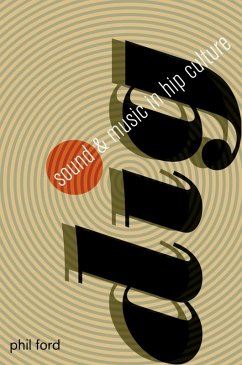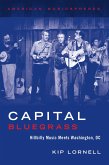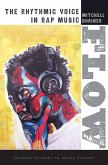Hipness has been an indelible part of America's intellectual and cultural landscape since the 1940s. But the question
What is hip? remains a kind of cultural koan, equally intriguing and elusive. In
Dig, Phil Ford argues that while hipsters have always used clothing, hairstyle, gesture, and slang to mark their distance from consensus culture, music has consistently been the primary means of resistance, the royal road to hip. Hipness suggests a particular kind of alienation from society--alienation due not to any specific political wrong but to something more radical, a clash of perception and consciousness. From the vantage of hipness, the dominant culture constitutes a system bent on excluding creativity, self-awareness, and self-expression. The hipster's project is thus to define himself
against this system, to resist being stamped in its uniform, squarish mold. Ford explores radio shows, films, novels, poems, essays, jokes, and political manifestos, but argues that music more than any other form of expression has shaped the alienated hipster's identity. Indeed, for many avant-garde subcultures music is their raison d'?tre. Hip intellectuals conceived of sound itself as a way of challenging meaning--that which is cognitive and abstract, timeless and placeless--with experience--that which is embodied, concrete and anchored in place and time. Through Charlie Parker's "Ornithology," Ken Nordine's "Sound Museum," Bob Dylan's "Ballad of a Thin Man," and a range of other illuminating examples, Ford shows why and how music came to be at the center of hipness. Shedding new light on an enigmatic concept,
Dig is essential reading for students and scholars of popular music and culture, as well as anyone fascinated by the counterculture movement of the mid-twentieth-century.
Publication of this book was supported by the AMS 75 PAYS Endowment of the American Musicological Society, funded in part by the National Endowment for the Humanities and the Andrew W. Mellon Foundation.
Dieser Download kann aus rechtlichen Gründen nur mit Rechnungsadresse in A, B, BG, CY, CZ, D, DK, EW, E, FIN, F, GR, HR, H, IRL, I, LT, L, LR, M, NL, PL, P, R, S, SLO, SK ausgeliefert werden.









